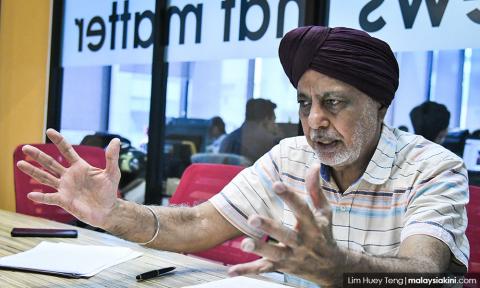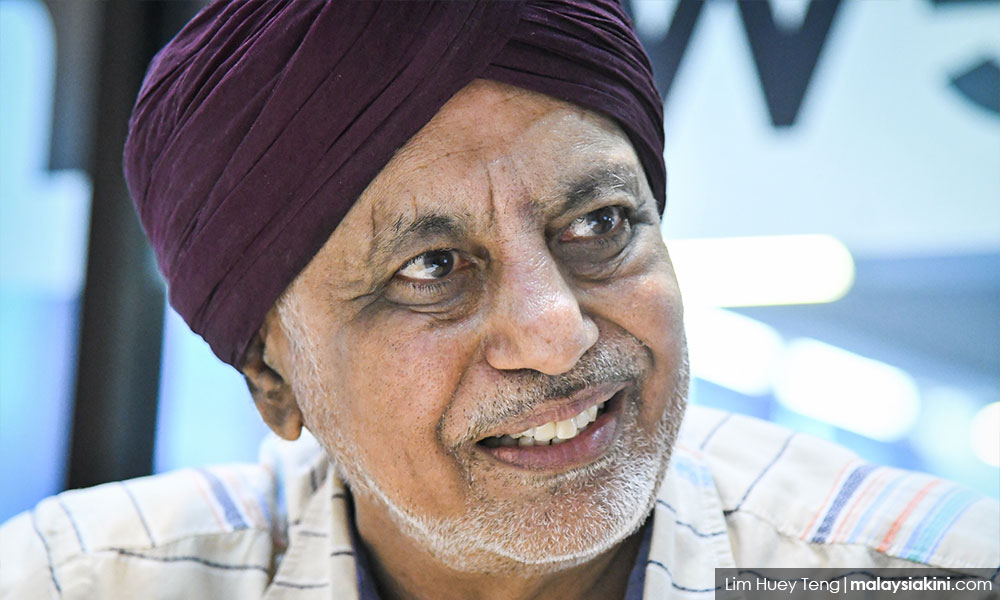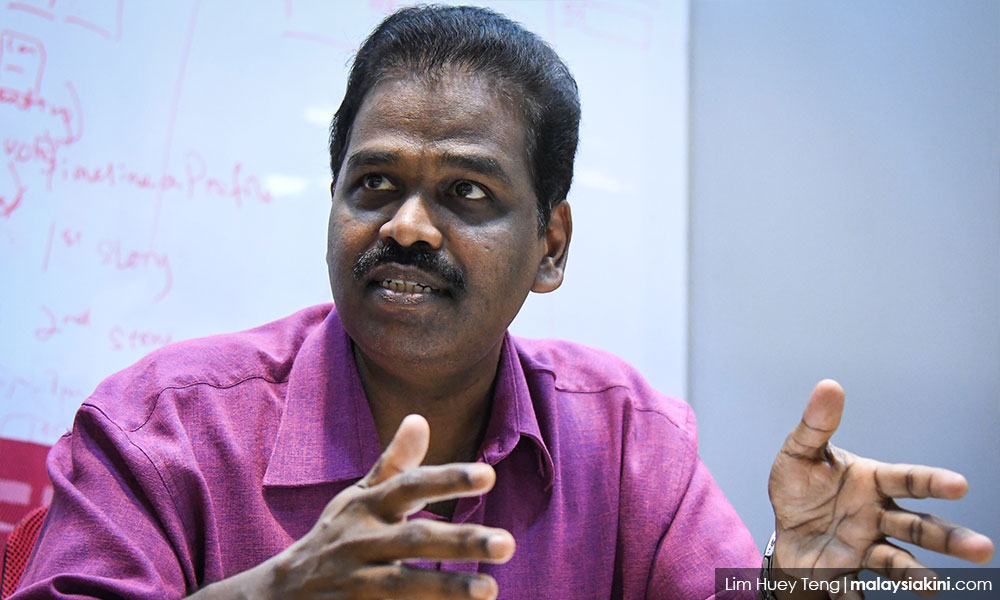
History textbooks used for the Malaysian national curriculum are often criticised for under-representing certain minority groups. In the spirit of “Malaysia Baru”, however, a group of historians is set to embark on a four-year project to write a more comprehensive history of the nation.
“We want future generations to know the true history of Malaysia. Malaysia today is the result of the contribution of all ethnic groups. History should be written as it is […] every ethnic group played a role […]
“We believe this is the right time. The new Malaysia must be proud of its diversity and true history,” said management consultant Ranjit Singh Malhi, adding that the project was first conceived in 2016.
Ranjit has written several history textbooks books and holds a PhD in the field. He and former Universiti Malaya History Department head Sivachandralingam Sundara Raja will be the project’s main writers while historians Khoo Kay Kim and Shamsul Amri Baharuddin will act as the project’s consulting editors.
In an interview with Malaysiakini yesterday, Ranjit and Sivachandralingam said the project would ensure that all ethnic groups are represented in Malaysia’s history including the Orang Asli and the indigenous peoples of East Malaysia.
They will also include a fuller account of Hindu-Buddhist influence on early Malay kingdoms, the development of the Unfederated Malay States such as Kedah and Johor in British Malaya and other less known aspects of Malaysian history.

The project will eventually produce an English-language book on the history of Malaysia geared for the general public.
In addition, there will be five books in Bahasa Malaysia based on the national history syllabus for Form 1 to Form 5 to provide secondary school students with supplementary information on the nation’s history.
To ensure accuracy, Ranjit and Sivachandralingam said they would write drafts for each chapter based on primary and secondary historical sources which would then be sent to the consulting editors and other experts for review.
Some experts may also be asked to contribute material on their area of expertise.
“Most writers (of history textbooks) don’t refer to the authoritative books on the subject matter so I think it is important whether for Form 1 or Form 5, lower secondary or upper secondary that you refer to authoritative books on that subject matter.
“For example, when working on economic history, it is important to look at works written by experts in the field. You can’t just look at general information books and write on that subject.
“This is where I think a lot of mistakes occur and people criticise. This has always been the case so this is where we come in. We will make sure that all the chapters we promised will be based on input from experts in the field,” said Sivachandralingam, who specialises in economic history.
Open to criticisms
Ranjit stressed the project was not seeking to rewrite Malaysian history but merely to base it on evidence as was done prior to 1996.
He said the government then had set up a Committee on History (Jawatankuasa Sejarah) and the history syllabus subsequently over-represented Malays and Islam, adding the best example of this could be seen in the Form 4 history textbooks.
“The (older version) of the Form 4 history textbook was one of the best books ever written. It was really universal in outlook […] the European civilisations, the Old World […] it was all very well-balanced.
“But when they came up with the new one, they revamped the whole thing. The Islamic content increased three to four times so much so that half the book was on Islam,” he noted.

Sivachandralingam said the over-representation of Islamic content in the current history textbook was already being addressed by the government in the next edition of the textbook though it was still unclear what the changes would entail.
Ranjit said the books produced through the project will accommodate different views and interpretations of historical events and this would be indicated either in the footnotes or in the main text.
“We will allow for dissenting views. And then unlike the school syllabus, we will allow our draft to be critiqued by anybody. It becomes our history,” he said.
Ranjit said the group was aiming to kick off the project in about a month and was still looking for private sector sponsors willing to foot expenses totalling an estimated RM4 to RM5 million.
This includes the group members and contributors' honorariums, salaries for four graduate research assistants, travel expenses and other expenditures.
He added the group will set up a trust account managed by a law firm to receive donations from members of the public who were also welcome to scrutinise their accounts. - Mkini



No comments:
Post a Comment
Note: Only a member of this blog may post a comment.